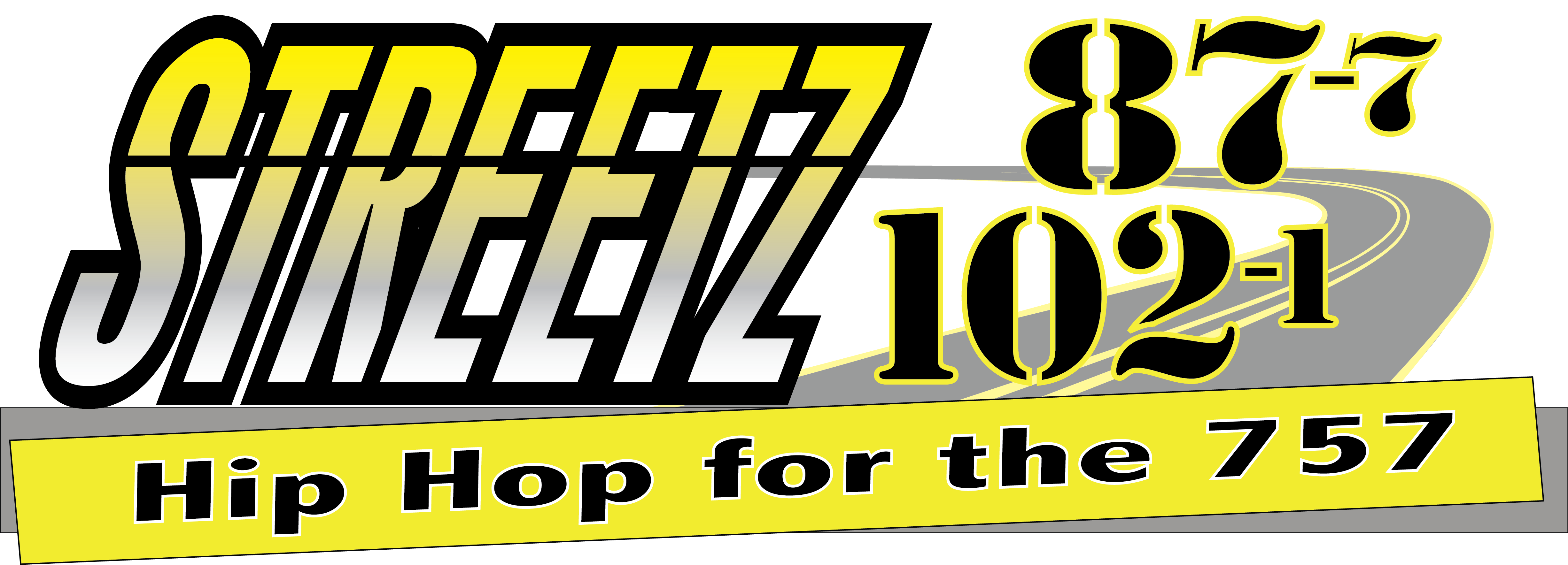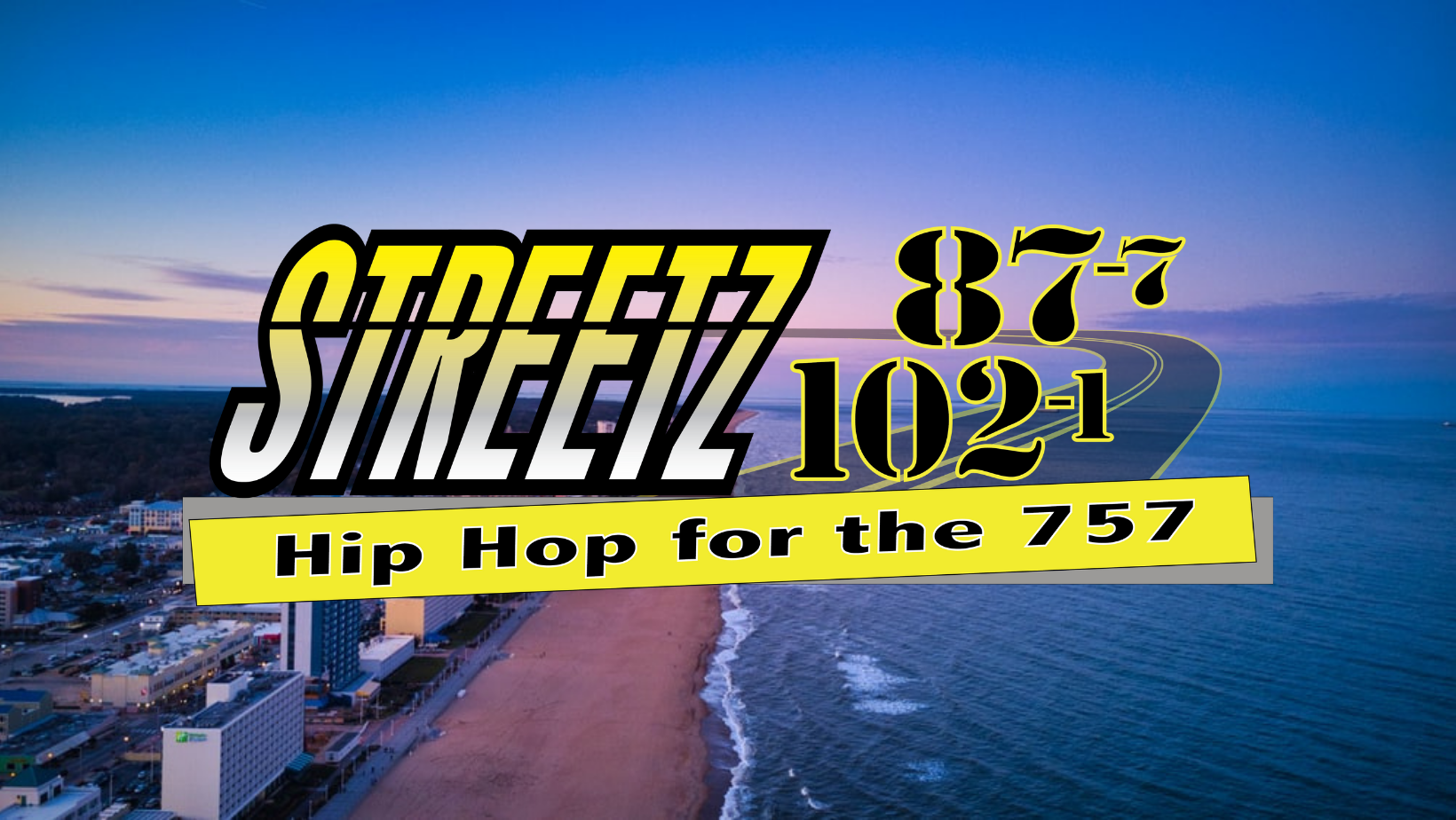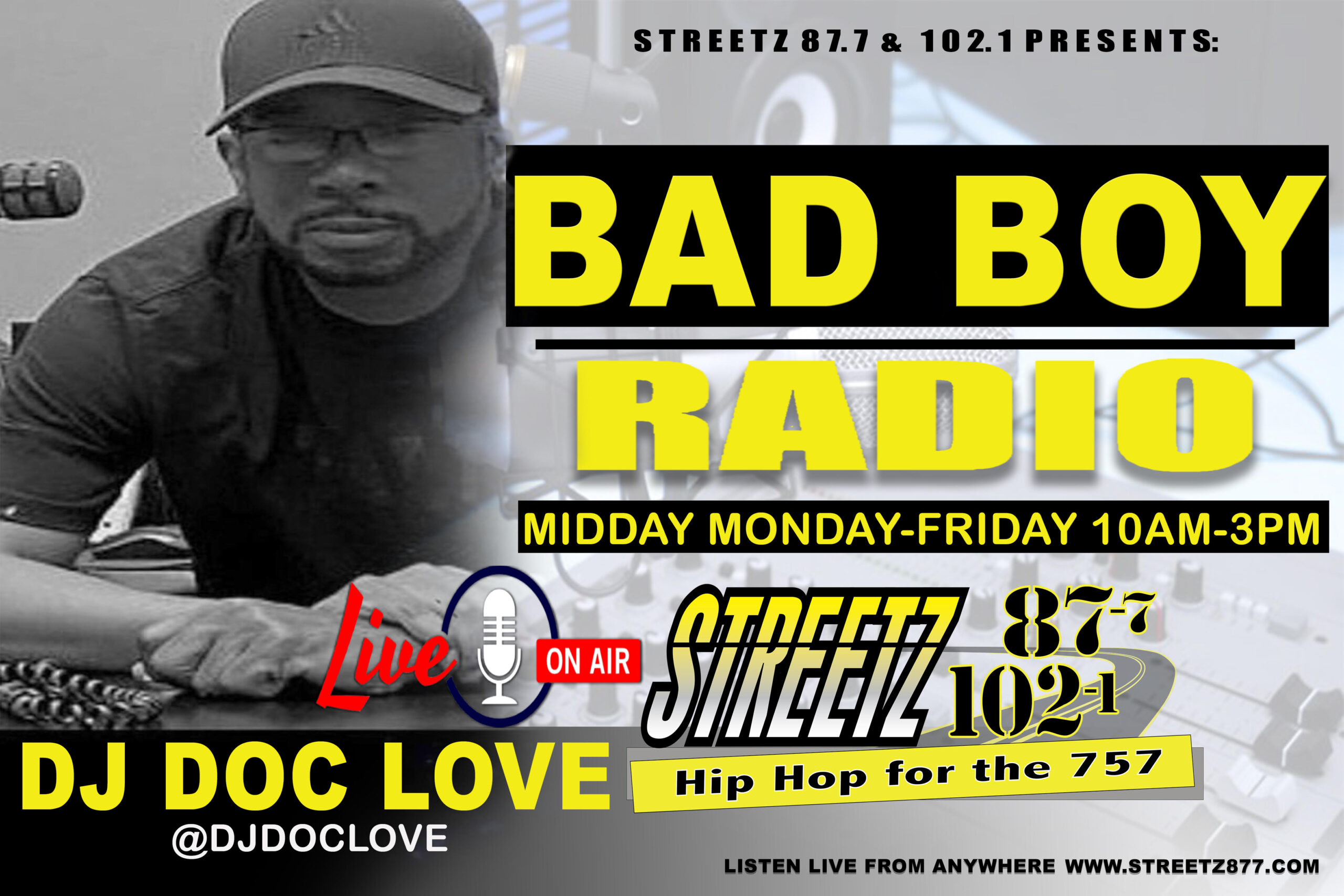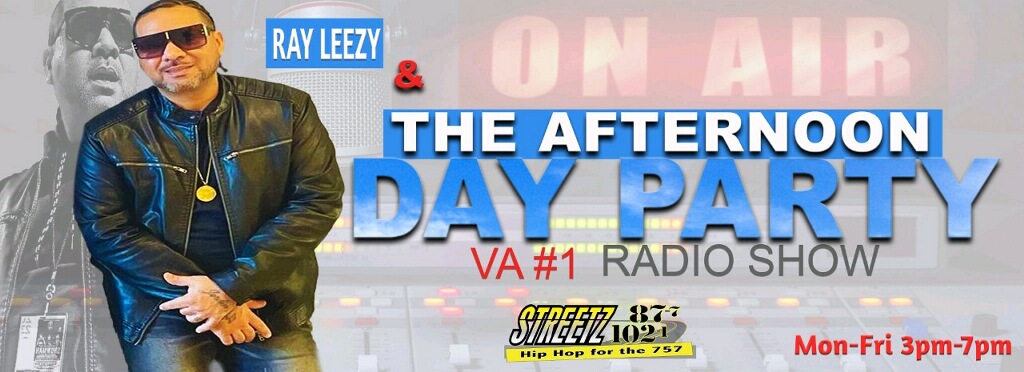Fresh from J. Cole’s stint on the Rwanda Patriots, we take a look at the parallels between his basketball career and the pioneering, late 90s NBA run of Master P.
“As I approach the summit of this mountain, I still find myself staring at that other one in the distance, wondering if I can climb,” he wrote in The Players’ Tribune article that alerted the world to his plans.
In under a year since the article’s publication, Cole and his signature Pumas would take to the court for the BAL’s Rwanda Patriots. And while it may not have been the prime position in an NBA dynasty that he’d fantasized about, his dalliance in the Basketball Africa League has ensured that he can always say that he played professionally.
Over the course of four games, Cole didn’t exactly set the backboard alight in a way that would make him headhunted by the Lakers. But even with an unremarkable run on the court, having the gall to make the shift was enough to garner him the commendation of his fellow artists.
For relative newcomers to hip-hop culture, a high-profile artist renouncing the pen for training drills and tryouts likely seemed revolutionary. For those who’ve charted the genre’s growth, he was simply retreading ground that was first broken by another Southern hip-hop pioneer.
Having shaped an entertainment empire under the similarly aspirational moniker of No Limit, Cole’s foray onto the court sees him emulate the trailblazing journey of Mr. Percy Miller, better known as Master P. Seen as an innovator in every sense of the word, adding new dimensions to the rapper’s playbook was nothing new for P by the time that he transitioned from courtside seats to the floor itself.
Following his humble beginnings as a Bay Area record store owner, P used his entrepreneurial flair to break down barriers, make movies, secure previously unheard of recording contracts, and take the regional sound of Louisiana to previously unassailable heights in terms of chart success. But where many of his blueprints have been re-traced by his descendants in the industry, Cole is the only man who’s followed his lead by attempting to turn pro.
In Master P’s own estimations, none of his legacy comes to fruition without years spent as point guard for Warren Easton High School.
“Basketball saved my life,” he informed Complex during a reflective interview. “It took me on the road, gave me a bigger vision. Basketball is how I escaped a lot of negativity.”
Hailing from Fayetteville, NC, the young Jermaine Cole was enamoured with the sport in much the same way that P was. However, where Miller’s high school career was prolific, Cole’s progress was stunted.
“I was always in love with basketball as a kid, but I thought I was way better than I really was,” Cole conceded during a Sports Illustrated profile. “I went to a middle school that didn’t have a team. That kind of set me back.”
Deprived of a regimen of playing day-in and day-out in his younger years, Cole’s high school days began with a managerial position before he’d finally secure a place in the line-up, with “Young Simba” eventually progressing to the point that, in his words: “by the time I was a freshman in college I had the talent of someone that should have at least been on the bench at a D-I school.”
However, it was in his further education that Cole’s entryway into basketball begins to parallel his predecessor’s.
Believed to possess a massive upside on the court, P initially received a place at The University Of Houston on an athletic scholarship, but would quickly drop out in favour of becoming a business major at Oakland’s Merritt Community College, effectively rescinding the conventional route to a career in the NBA. While for a young Jermaine, his focus had already shifted towards the occupation that would eventually make his name, and so he chose to skip tryouts entirely.
“I was in love with music and I knew I wanted to rap. So I had to make a decision that I knew was going to change the trajectory of my life… I didn’t go the next day. In my mind, I’d have made the team. Who knows what would have really happened?”
Although P would take the independent route and Cole would find himself snapped up by Roc Nation, what conjoins both rappers is that in their prime, they possessed a tenacity and sportsmanlike competitiveness that drove them to the top in their respective time-period. With both men reaching a plateau where platinum status was all but a foregone conclusion, that eagerness to conquer began to manifest in other ways.
“I caught the bug,” Master P said of his decision to vie for a place in the NBA. “I had to get it out of my system. It was like, ‘How good am I really? How far can I take this?'”
Once hip-hop was conquered, the pursuit of athletic glory became part of a “retirement” arc for both men.

















No comments